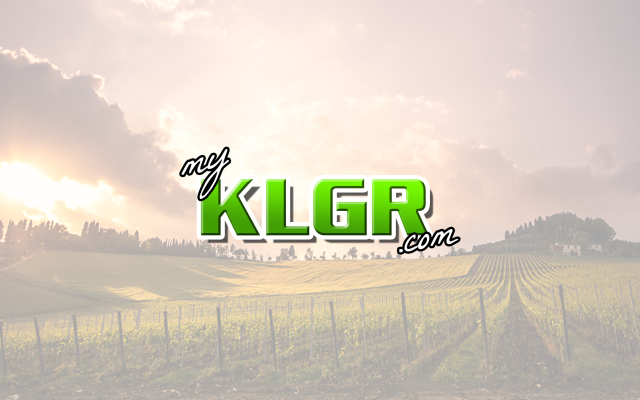
Britain’s effort to leave the European Union was finally approved by Queen Elizabeth last week, clearing the way for the United Kingdom to make the move to independence.
Royal approval was the last obstacle toward Brexit.
Now it’s up to the European Union leaders to formally ratify the law in a vote scheduled for Wednesday.
The EU Parliament’s constitutional affairs committee voted by a large margin last week to approve the Brexit withdrawal deal, paving the way for the final vote this week.
The UK is expected to then begin trade negotiations with the EU as well as the United States soon after the move is official.
The Brexit move could be very good news for American farmers, but that’s only if the UK doesn’t keep the restrictive EU-based ag policy in place that limits trade.
Gregg Doud, the chief agricultural negotiator for the Office of the U.S. Trade Representative, says a new trade pact with Britain is of utmost importance to him.
“In my mind, that’s a legitimate top ten market for U.S. agriculture,” Doudd says. “When that move is official, we’ll be right there ready to begin negotiations with the U.K.”
Last week at the World Economic Forum in Switzerland, U.S. Commerce Secretary Wilbur Ross sounded optimistic that a deal would get done once Brexit is completed.

